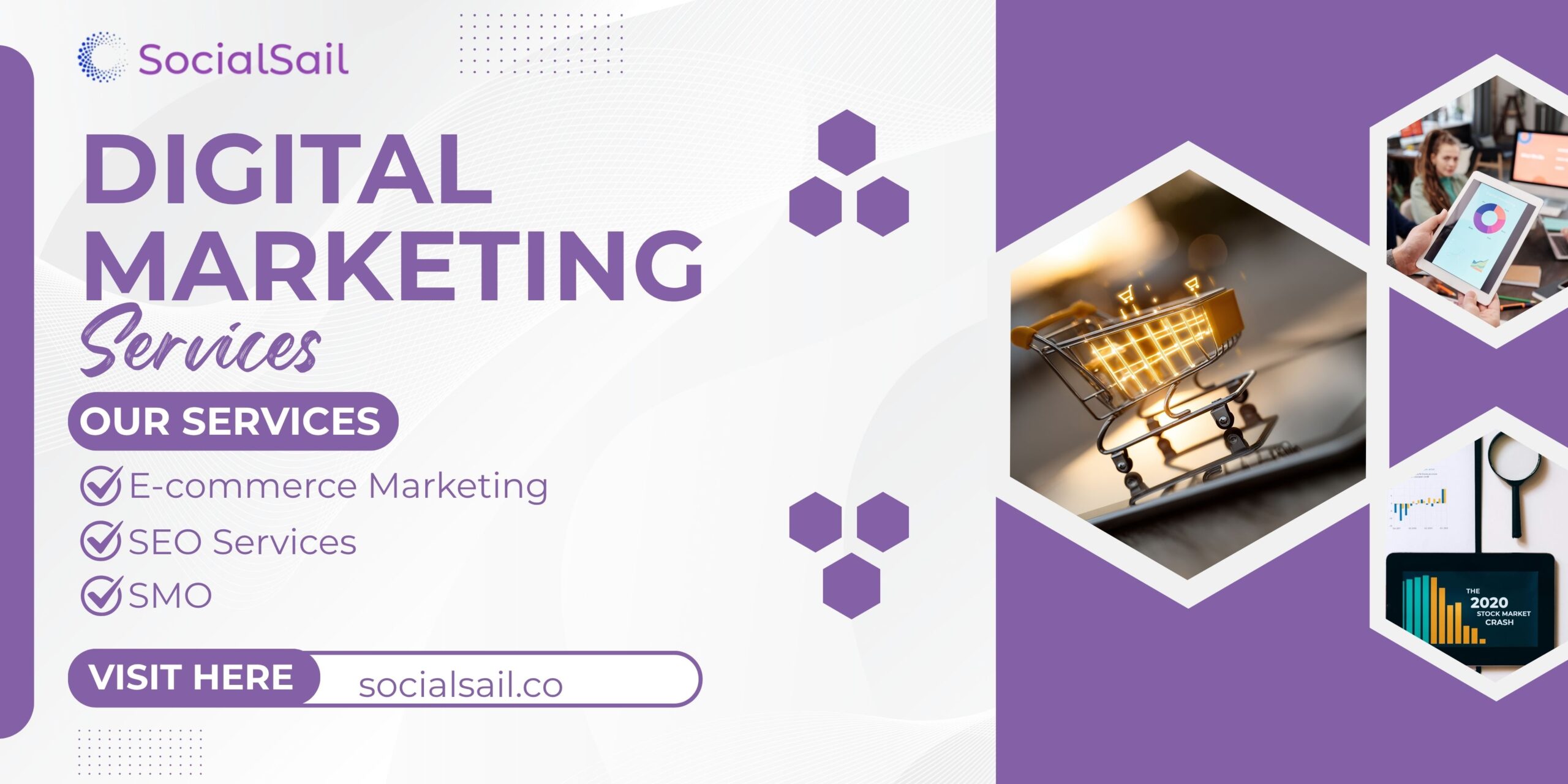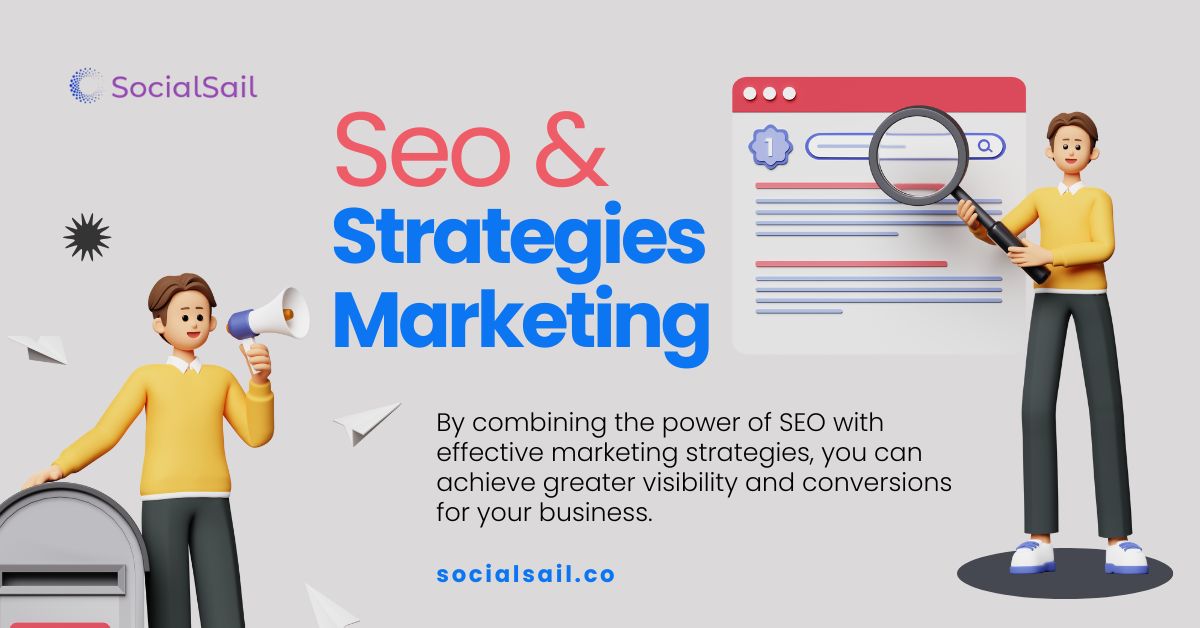So, you’ve got a website — great start! But if your site is buried on page 5 of Google, it’s pretty much invisible. In 2025, improving your Google ranking is one of the most important things you can do for your business. Whether you’re a blogger, an e-commerce store, or a service provider, being found online is key to growth.
The good news? You don’t need to be a tech wizard to make progress. With the right steps — and maybe a little help from a trusted digital marketing agency — you can climb the rankings and get the attention your website deserves.

Let’s break it down step-by-step.
1. Start with a Website Audit
Before improving your Google ranking, you need to understand your website’s current health. A thorough website audit helps you pinpoint the issues holding your site back. Here’s what to look for:
Broken Links
These are links on your site that lead to pages that no longer exist. They create a poor user experience and can reduce your site’s credibility in Google’s eyes.Slow-Loading Pages
Pages that take too long to load can cause users to leave quickly. Google favors websites that load fast on all devices.Duplicate Content
When similar or identical content appears on multiple pages, Google may struggle to determine which one to rank. This can dilute your SEO efforts.Poor Mobile Usability
If your website isn’t easy to use on mobile devices, users will bounce. Google’s mobile-first indexing means mobile performance directly impacts rankings.Missing Meta Tags
Meta titles and descriptions help search engines understand your content. If they’re missing or poorly written, your site may not appear in relevant searches.
You can use tools like Google Search Console, GTmetrix, or SEMrush to perform a basic audit yourself. However, for deeper insights and technical improvements, hiring a professional digital marketing agency is often the most efficient route. They have the expertise and tools to spot and fix even hidden issues that impact your rankings.
2. Optimize for Mobile Devices
In 2025, mobile-first indexing is non-negotiable. For Google Ranking , Google prioritizes mobile-friendly websites. If your site isn’t optimized for smartphones and tablets, you’ll fall behind.
Here’s what to do:
Use a responsive design
Compress images
Avoid large pop-ups
Keep navigation simple
Most reputable digital marketing agencies now offer mobile UX as part of their web design services — because they know how vital it is.
3. Improve Page Speed
Speed kills — or rather, the lack of it does.
If your pages take longer than 3 seconds to load, visitors will bounce, and Google will notice. You can boost your load times by:
Using a CDN (Content Delivery Network)
Minifying CSS, JavaScript, and HTML
Reducing server response time
Enabling browser caching
Fast websites make users happy, and happy users stick around longer — which Google loves.
4. Publish High-Quality, Relevant Content
Content is still king — but only if it’s useful.
Gone are the days of keyword stuffing and 300-word blog posts. In 2025, your content should:
Answer real questions
Be at least 1,000+ words when appropriate
Include images, videos, or infographics
Use clear structure with H1, H2, H3 tags
A digital marketing agency with a strong content team can help you build an editorial calendar and optimize every blog post for both users and search engines.
5. Use the Right Keywords (Smartly)
Yes, keywords still matter. But the way you use them has evolved.
Instead of stuffing the same keyword over and over, focus on:
Long-tail keywords (e.g., “affordable digital marketing agency in London”)
Semantic search terms
Keyword placement (titles, meta description, headers, first 100 words)
Google is smarter now — it understands intent. So write for humans first, and optimize for search second.
6. Build High-Quality Backlinks
Backlinks = trust in Google’s eyes. When reputable websites link to your content, Google assumes you’re offering value.
Here’s how to earn those links:
Guest blogging
Collaborations with influencers
Creating original research, infographics, or statistics
Submitting to industry directories
Many businesses team up with a digital marketing agency specifically for link-building campaigns because it’s time-consuming and requires strategy.
7. Optimize On-Page SEO
On-page SEO refers to everything you control on your site. Here’s your checklist:
Use your target keyword in the title tag
Add meta descriptions (160 characters max)
Use headers (H1, H2, H3) logically
Include internal and external links
Optimize images with alt text
Even the smallest tweaks here can lead to big improvements in your search rankings over time.
8. Enhance User Experience (UX)
Google rewards websites that users love. That means your site should be:
Easy to navigate
Visually appealing
Quick to load
Accessible to all users
Heatmap tools like Hotjar or Crazy Egg can show you where users are getting stuck. Many digital marketing agencies now include UX audits as part of their SEO packages.
9. Strengthen Your Local SEO
If you’re targeting local customers, local SEO is a must.
Here’s how to dominate local search:
Claim and optimize your Google Business Profile for google ranking.
Get listed on local directories (Yelp, Foursquare, etc.)
Collect genuine customer reviews
Use local keywords (e.g., “best cafe in Manchester”)
A digital marketing agency near you can be especially helpful with local SEO because they understand your specific market and competition.
10. Use Schema Markup
Schema is a type of structured data that helps Google understand your content better. It can help you show up in featured snippets, rich results, and voice search.
For example:
Star ratings in reviews
Event details
Product prices and availability
Not sure how to implement schema? A good digital marketing agency can handle this technical setup for you with precision.
11. Regularly Update Your Content
Google loves fresh content. Outdated articles or broken links send bad signals. Make it a habit to:
Refresh old blog posts
Add updated stats and new insights
Fix outdated links and images
Updating your content signals that your website is active and relevant — both important ranking factors.
12. Monitor Your Performance
You can’t improve what you don’t measure. Track your website’s progress using tools like:
Google Analytics 4 (GA4)
Google Search Console
Ahrefs or SEMrush
Keep an eye on:
Organic traffic
Bounce rate
Average session duration
Conversion rate
Many companies rely on a digital marketing agency to manage these metrics and provide monthly SEO reports, helping them focus on running the business.
Final Thoughts
Improving your website’s Google ranking isn’t a one-time task — it’s a continuous process. From technical fixes and content creation to link-building and UX — every piece matters.
If you’re feeling overwhelmed, don’t worry. Partnering with a digital marketing agency can save you time, boost your results, and ensure you’re using up-to-date SEO strategies that work in 2025 and beyond.
Remember: the higher your rank, the more clicks you get — and more clicks mean more opportunities to grow.




